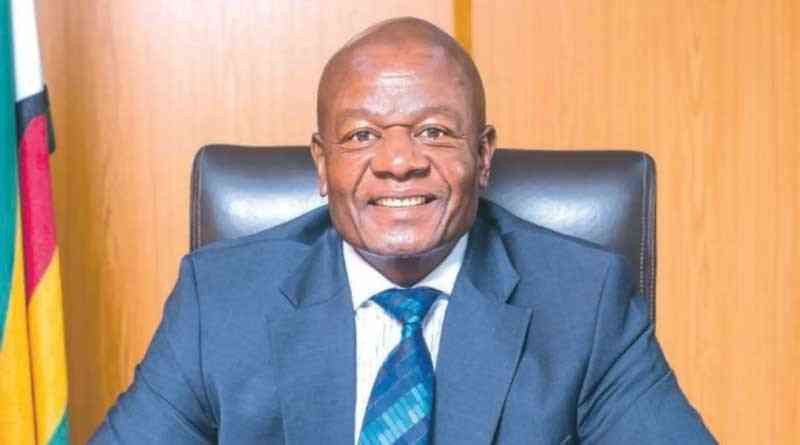
The government has been dragged to court over the abuse of some sections of the Maintenance of Peace and Order Act (Mopa) by the police to ban rallies and other gatherings by the opposition and civic groups.
Mopa was enacted in 2019 to repeal the draconian Public Order and Security Act (Posa), but the new law retained some repressive clauses such as limiting the right to peaceful assembly.
Under Mopa, individuals, political parties and other groupings must seek police clearance before holding any public gatherings.
Activist and director of WELEAD Trust, Namatai Kwekweza contesting sections 8 (3) and 8 (6) in her High Court challenge argued that some provisions of Mopa were being abused by police.
Kwekweza cited sections 8 (3) and 8 (6) that she argued limited citizens’ rights.
“The discretion given to the police to cancel proposed meetings amounts to an excessive limitation of political rights and freedom of association,” Kwekweza submitted. “It is not fair, reasonable and justifiable in any democratic society based on freedom.”
Kwekweza cited Home Affairs minister Kazembe Kazembe, police commissioner general Godwin Matanga and attorney general Virginia Mabhiza as respondents.
Kwekweza, who is represented by the Zimbabwe Lawyers for Human Rights (ZLHR), said the Zimbabwe Republic Police (ZRP) was conflicted to treat all applicants fairly.
- WELEAD Trust urges Zimbabweans to register to vote
- Kwekweza conquers southern Africa in public speaking
- Concern over 3% Parly youth representation
- ‘Unemployment fuels drug, substance use’
Keep Reading
“It receives directions from the minister of Home Affairs and Cultural Heritage, who is also an appointee of the president,” she submitted.
“It will be a fiction to believe that the ZRP, which is an agency of the executive will facilitate the enjoyment of rights that are primarily used to challenge the government and to remove it from power.
“Such an arrangement results in the abuse of power by the police by denying those aligned to opposition their political rights.”
Ahead of the disputed August elections, the Citizens Coalition of Change had close to 100 of its rallies banned by police.
Key findings by the Carter Centre election observer mission also revealed that police banned over 300 proposed public gatherings during elections.
The WELEAD Trust director said Mopa sections were an attack on people’s political rights as enshrined in the constitution.
“Political rights listed in sections 67 (2) include the rights to form political formations, to campaign in challenging the government of the day and to take away power constitutionally, from the incumbent government,” Kwekweza said.
“So, people may be deterred from convening a gathering or from exercising political rights.
“This limitation is wide and at odds with international standards that presume all gatherings to be lawful and exempt spontaneous gatherings from the convening notice requirements.”










